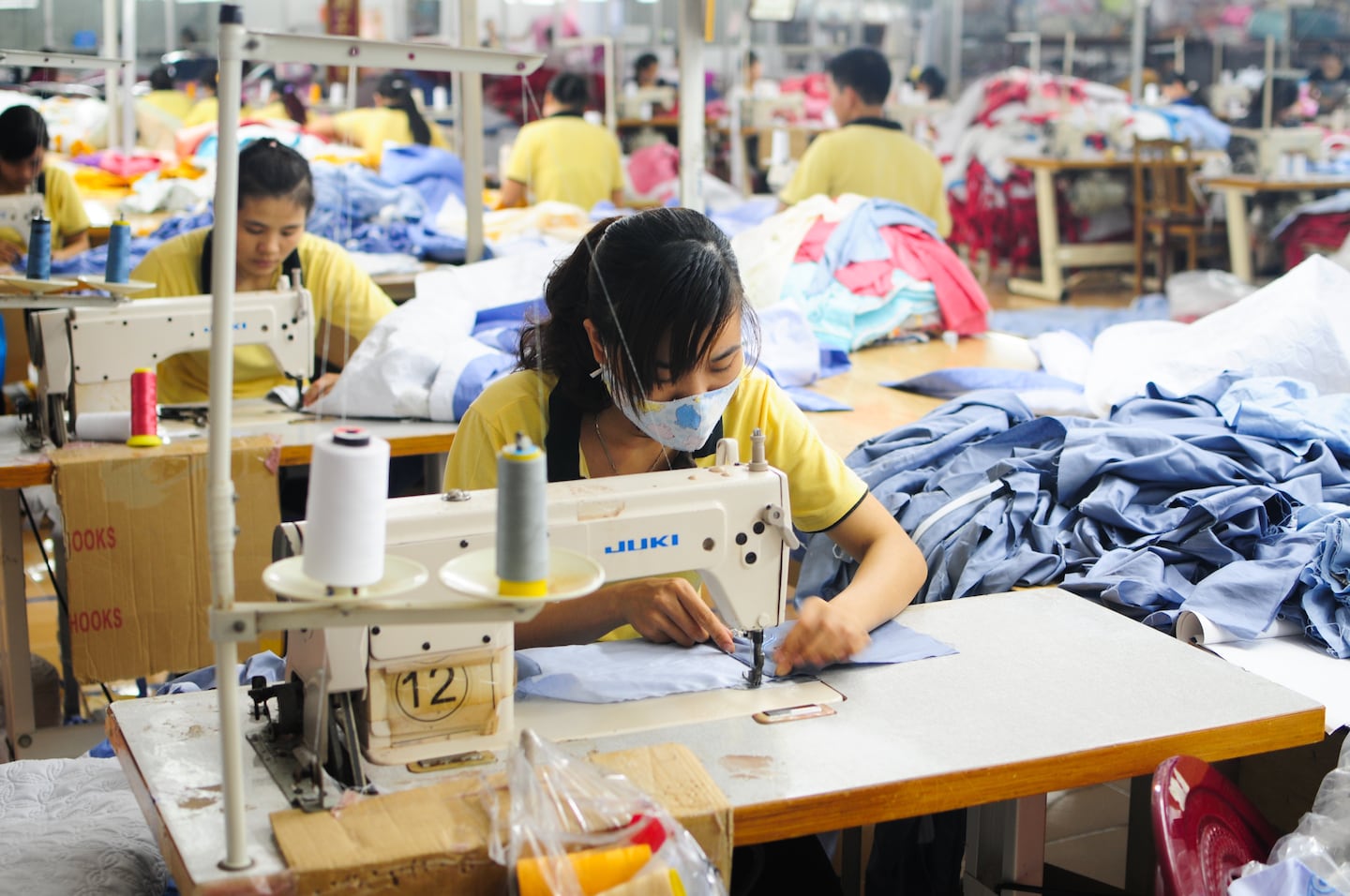
The Business of Fashion
Agenda-setting intelligence, analysis and advice for the global fashion community.

Agenda-setting intelligence, analysis and advice for the global fashion community.

Workers in key garment- and footwear-producing countries are, on average, receiving just 55 percent of the pay they need to achieve a decent standard of living, according to data published Monday by The Industry We Want, a coalition of industry stakeholders calling for better working conditions and environmental sustainability in fashion.
The study compared legal minimum wages in 13 countries against benchmarks for reasonable living wages established by organisations including WageIndicator Foundation, Global Living Wage Coalition and the Clean Clothes Campaign. Indonesia was found to have the largest wage gap of 71 percent, followed by China at 68 percent, while Honduras and Turkey were the lowest, at 3 percent and 5 percent respectively. Over half of the countries, including India, Vietnam, Cambodia and China, had a gap of over 50 percent, meaning minimum wages in the country amounted to less than half of what fair pay organisations assess to be a living wage.
The findings come at a time of prolonged uncertainty for workers in the global garment industry, where issues wage theft and underpayment over the course of the pandemic are currently compounded by inflationary pressures on the cost of living. A July 2021 report by the Clean Clothes Campaign estimated that workers were owed $11.85 billion in unpaid wages and severance between March 2020 and March 2021.
Learn more:
ADVERTISEMENT
Brands Face New Pressure on Labour Rights
Activists and regulators are dialling up scrutiny on brands after fragile protections for garment workers collapsed under pandemic stress.
The fashion industry continues to advance voluntary and unlikely solutions to its plastic problem. Only higher prices will flip the script, writes Kenneth P. Pucker.
The outerwear company is set to start selling wetsuits made in part by harvesting materials from old ones.
Companies like Hermès, Kering and LVMH say they have spent millions to ensure they are sourcing crocodile and snakeskin leathers responsibly. But critics say incidents like the recent smuggling conviction of designer Nancy Gonzalez show loopholes persist despite tightening controls.
Europe’s Parliament has signed off rules that will make brands more accountable for what happens in their supply chains, ban products made with forced labour and set new environmental standards for the design and disposal of products.